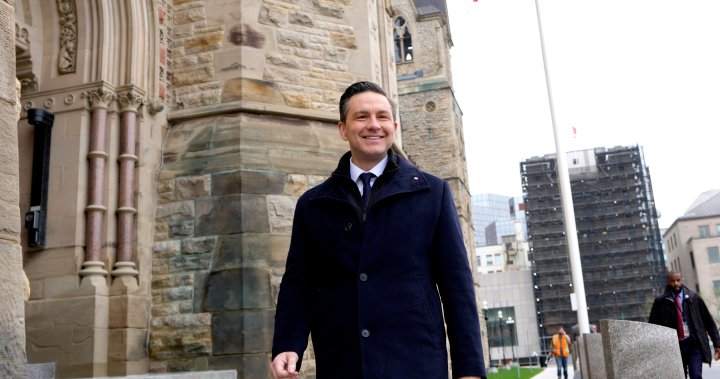The simmering tensions between Alberta and Ottawa have found a vocal champion in Conservative leader Pierre Poilievre, who has positioned himself as a defender of provincial autonomy while carefully steering clear of separatist rhetoric. During a recent campaign-style tour across Alberta, Poilievre struck a delicate balance – acknowledging the legitimate frustrations that fuel separatist sentiment without explicitly endorsing the movement itself.
“I understand why Albertans are angry,” Poilievre told a packed town hall in Calgary last week. “When the federal government consistently undermines your economic interests and dismisses your concerns, that anger is entirely justified.” His comments come as polling indicates approximately 20 percent of Albertans express at least tentative support for independence – a figure that has remained relatively stable despite fluctuations in federal-provincial relations.
Political analysts note Poilievre’s approach represents a strategic calculation. By validating Albertan grievances while promoting a vision of a reformed federation under Conservative leadership, he aims to channel separatist energy into electoral support.
“Poilievre is walking a tightrope,” explains Dr. Melanie Thompson, political science professor at the University of Calgary. “He’s essentially saying ‘I hear you’ to independence-minded voters while promising that his leadership would address the underlying issues driving separatist sentiment, making independence unnecessary.”
The Conservative leader has been particularly vocal about energy policy, criticizing federal carbon pricing as an unfair burden on Alberta’s resource-dependent economy. “Ottawa can’t continue treating Alberta like a piggy bank while simultaneously undermining the very industries that generate that wealth,” Poilievre stated during a visit to Fort McMurray.
This stance resonates deeply in a province where many feel their economic contributions to confederation aren’t adequately recognized. According to Treasury Board data, Alberta has consistently been a net contributor to federal coffers, with estimates suggesting the province contributed approximately $20 billion more annually than it received in federal spending during the past decade.
Premier Danielle Smith, who once advocated for the “Alberta Sovereignty Act” to shield the province from federal overreach, has welcomed Poilievre’s supportive rhetoric. “We’re not seeking special treatment,” Smith clarified at a joint appearance with Poilievre. “We simply want the federal government to respect provincial jurisdiction and acknowledge Alberta’s vital role in Canada’s prosperity.”
The federal Liberal government maintains that its policies, including carbon pricing and emissions caps, represent necessary climate action that ultimately benefits all Canadians, including Albertans. Environment Minister Steven Guilbeault recently defended the government’s approach: “These are national policies designed to ensure Canada meets its international climate commitments while supporting a sustainable economic transition.”
However, such arguments have gained little traction in a province where many view federal climate initiatives as existential threats to their economic livelihood. Recent polling from the Canada West Foundation indicates 68% of Albertans believe federal policies disproportionately harm their province compared to others.
Poilievre’s messaging carefully avoids explicitly encouraging separatist sentiment. Instead, he frames his position as pro-unity through reform: “I don’t want Alberta to leave Canada. I want to make Canada work for Alberta again,” he emphasized during a radio interview in Edmonton. This approach allows him to harness frustration without crossing into territory that might alienate voters in other provinces.
As the next federal election approaches, the question remains whether Poilievre’s strategy of validating Alberta’s grievances while promising a more province-friendly federation will succeed in both consolidating Conservative support in Western Canada and expanding the party’s appeal elsewhere. Can acknowledging the legitimate concerns driving separatist sentiment actually serve to strengthen national unity in the long term, or will it further inflame regional divisions that increasingly characterize Canadian politics?


















